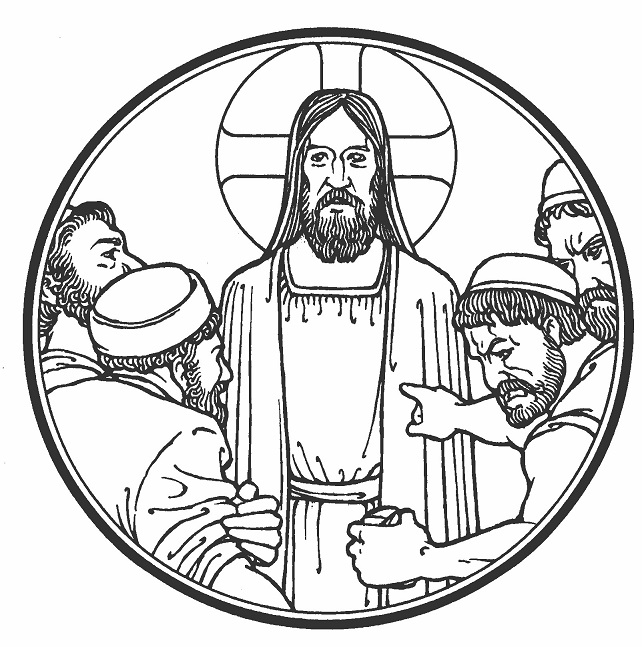Month: April 2022
-
Second Sunday of Easter (Quasimodo Geniti)
Readings: Ezekiel 37:1–14 | 1 John 5:4–10 | John 20:19-31 Text: John 20:19-31 Alleluia! Christ is Risen! In the Name + of Jesus. Amen. Everything in the Bible from cover to cover hinges on Jesus Christ. Without knowing His birth, His life, His suffering, His death, and His resurrection, the Bible never quite adds up. …
-
The Resurrection of Our Lord (Easter Day)
Readings: Job 19:23–27 | 1 Corinthians 5:6–8 | Mark 16:1–8 Text: Mark 16:1-8 (1 Cor. 5:6-8) Alleluia! Christ is risen! On Good Friday, I made the point that when Jesus was crucified, it was a change to the entire Cosmos. Everything about how God relates to this world has changed. On this holy day, we…
-
The Resurrection of Our Lord (Sunrise)
Readings: Isaiah 25:6–9 | 1 Corinthians 15:12–25 | John 20:1–18 Text: John 20:1-18 Alleluia! Christ is risen! In the Name + of Jesus. Amen. The last we heard from St. John, he and St. Mary Magdalene were standing at the foot of the cross. He testified truly that His Lord had died and the spear…
-
Holy Saturday
Paschal Vigil Holy Baptism of Matthew, Alonna, and Wyatt Reeves Readings: The Creation – Genesis 1:1-2:3 | The Flood – Genesis 7:1-5, 11-18; 8:6-18; 9:8-13 | Israel’s Deliverance at the Red Sea – Exodus 14:10-15:1 | A New Heart and a New Spirit – Ezekiel 36:24-28 | Jonah Preaches to Nineveh – Jonah 3 |…
-
Good Friday
Readings: Isaiah 52:13—53:12 | 2 Corinthians 5:14–21 | John 18-19 Text: 2 Corinthians 5:14-21; John 19:30 “The Death of Jesus Changed How God Relates to the World” The Old Testament sure is bloody. People are dropping dead every other minute, it seems. Reading through the Old Testament, you will find that there are many manifest…
-
Maundy Thursday
Readings: Exodus 12:1–14 | 1 Corinthians 11:23–32 | John 13:1–15 Text: John 13:1-17, 34-35 This Maundy Thursday, I want to address two things: The connection between the Lord’s Supper and the Passover, and why this night we read about Jesus washing the disciples’ feet and commanding them to love one another. In delivering His people…
-
Palm Sunday
Readings: Zechariah 9:9–12 | Philippians 2:5–11 | Matthew 26:1-27:66 Text: John 12:12-19 Among the four Gospels, St. John’s provides a unique perspective. Matthew (Matt. 21:1-9), Mark (Mark 11:1-11), and Luke (Luke 19:28-40) all contribute to the entry of Jesus into Jerusalem. Yet, the Holy Spirit inspired John with additional commentary on events in the Lord’s…
-

Fifth Sunday in Lent (Judica)
Readings: Genesis 22:1–14 | Hebrews 9:11–15 | John 8:42-59 Text: John 8:42-59 Jesus saw through their lip service. He had been teaching the Jews at the time of the Passover, the same one that was mentioned in last week’s Gospel from John 6. It all started out with Jesus saying to them, “I am the…